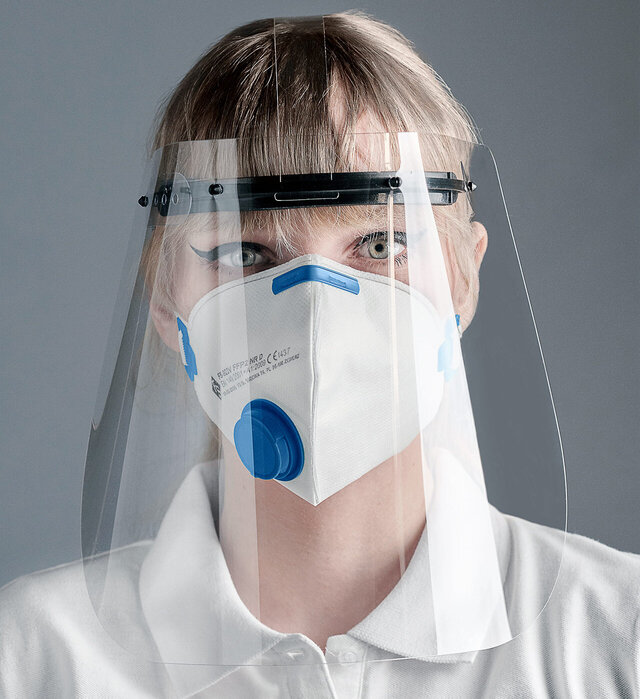Innovative response
A dedicated support service for people with a medical condition which makes them extremely vulnerable to coronavirus (COVID-19).
Extermely vulnerable includes people who have had a solid organ transplant; have any cancer and are getting chemotherapy; have lung cancer and are getting radical radiotherapy; have cancer of the blood or bone marrow, at any stage of treatment - for example, leukaemia, lymphoma or myeloma; have any cancer for which you’re getting immunotherapy or other continuing antibody treatments; have any cancer for which you’re getting a targeted treatment which can affect the immune system - for example, protein kinase inhibitors or PARP inhibitors; have had bone marrow or stem cell transplants in the last 6 months, or are still taking immunosuppression drugs; have a severe respiratory condition - including cystic fibrosis, severe asthma or severe COPD (Chronic Obstructive Pulmonary Disease); have a rare disease or inborn error of metabolism that significantly increases your risk of infection - for example SCID or homozygous sickle cell; are getting an immunosuppression therapy that’s sufficient to significantly increase your risk of infection if are pregnant, and have a significant congenital or acquired heart disease.
Specific issues addressed and anticipated impact
Support for vulnerable people
Organisations/institutions involved
Government Digital Service
- National/Federal government
Issues being addressed:
- Patient care
- Social effects of the crisis
Response tags:
Adaptive ActionDate Submitted:
8 April 2020

